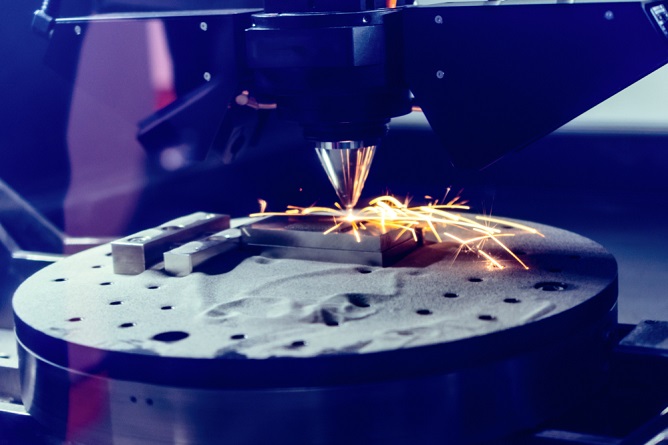
3D printing has evolved into a powerful tool in modern manufacturing, transforming how products are created and delivered to consumers. Once a process used primarily for prototyping, it is now a critical part of manufacturing strategies that allow companies to produce custom parts quickly and cost-effectively. The technology has unlocked new possibilities for industries such as aerospace, healthcare, automotive, and consumer goods, where precision and customization are essential. As companies embrace more adaptive production strategies, advancements such as 3D printing benefit from innovations driven by IT modernization services in Washington, DC, and beyond.
Customization is at the heart of 3D printing’s impact on manufacturing. Traditional production methods often require large runs of standardized products, which can lead to inefficiencies and waste. In contrast, 3D printing enables businesses to create highly customized parts and products on demand. This reduces material waste, lowers inventory costs, and enhances the ability to meet specific customer needs. For companies looking to optimize their manufacturing processes, 3D printing offers a significant advantage. To fully realize this potential, and manufacturing systems work seamlessly together.
Beyond the cost savings and efficiency benefits, 3D printing allows manufacturers to push the boundaries of product design. Engineers can design products with complex geometries and features that would be difficult or impossible to create using traditional manufacturing techniques. This level of precision and adaptability is critical in industries where performance and innovation are paramount. To scale these innovations effectively, manufacturers need comprehensive IT frameworks to integrate advanced manufacturing methods, with IT architecture and design in Washington, DC, serving as a notable example.
To support this new generation of manufacturing, companies must also embrace advanced technologies such as digital engineering. 3D printing is not just about creating products; it’s about using data, simulations, and analytics to improve product quality, test prototypes quickly, and reduce the time-to-market. This requires a strong emphasis on incorporating digital tools into their product development cycles, enabling them to respond faster to market demands and customer expectations, leveraging digital engineering in Washington, DC as part of the broader trend.
As the manufacturing industry continues to innovate, the role of 3D printing in customization will only grow. For companies seeking to stay ahead of the curve, integrating 3D printing into their business processes is no longer optional. Contact TD Watts Consulting today to learn how your business can benefit from agile, customized manufacturing solutions supported by advanced IT strategies. They are here to help guide organizations through the complexities of digital transformation, ensuring that your business remains competitive and agile in the evolving manufacturing landscape.






Leave a Reply